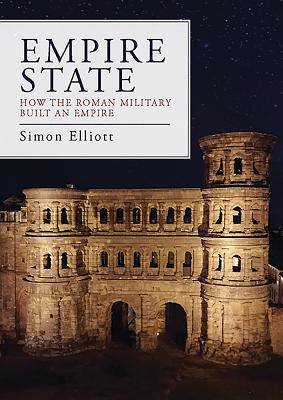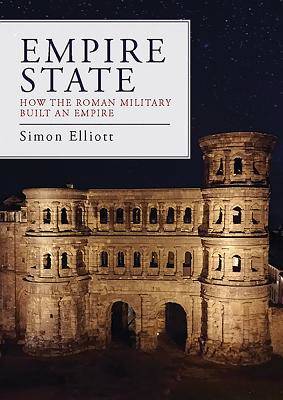
- Afhalen na 1 uur in een winkel met voorraad
- Gratis thuislevering in België vanaf € 30
- Ruim aanbod met 7 miljoen producten
- Afhalen na 1 uur in een winkel met voorraad
- Gratis thuislevering in België vanaf € 30
- Ruim aanbod met 7 miljoen producten
Zoeken
€ 60,45
+ 120 punten
Omschrijving
The armed forces of Rome, particularly those of the later Republic and Principate, are rightly regarded as some of the finest military formations ever to engage in warfare. Less well known however is their use by the State as tools for such nonmilitary activities in political, economic and social contexts. In this capacity they were central instruments for the Emperor to ensure the smooth running of the Empire.
In this book the use of the military for such non-conflict related duties is considered in detail for the first time. The first, and best known, is running the great construction projects of the Empire in their capacity as engineers. Next, the role of the Roman military in the running of industry across the Roman Empire is examined, particularly the mining and quarrying industries but also others. They also took part in agriculture, administered and policed the Empire, provided a firefighting resource and organized games in the arena.
The soldiers of Rome really were the foundations on which the Roman Empire was constructed: they literally built an empire. Simon Elliott lifts the lid on this less well-known side to the Roman army, in an accessible narrative designed for a wide readership.
In this book the use of the military for such non-conflict related duties is considered in detail for the first time. The first, and best known, is running the great construction projects of the Empire in their capacity as engineers. Next, the role of the Roman military in the running of industry across the Roman Empire is examined, particularly the mining and quarrying industries but also others. They also took part in agriculture, administered and policed the Empire, provided a firefighting resource and organized games in the arena.
The soldiers of Rome really were the foundations on which the Roman Empire was constructed: they literally built an empire. Simon Elliott lifts the lid on this less well-known side to the Roman army, in an accessible narrative designed for a wide readership.
Specificaties
Betrokkenen
- Auteur(s):
- Uitgeverij:
Inhoud
- Aantal bladzijden:
- 224
- Taal:
- Engels
Eigenschappen
- Productcode (EAN):
- 9781785706585
- Verschijningsdatum:
- 24/08/2017
- Uitvoering:
- Paperback
- Formaat:
- Trade paperback (VS)
- Afmetingen:
- 170 mm x 239 mm
- Gewicht:
- 476 g

Alleen bij Standaard Boekhandel
+ 120 punten op je klantenkaart van Standaard Boekhandel
Beoordelingen
We publiceren alleen reviews die voldoen aan de voorwaarden voor reviews. Bekijk onze voorwaarden voor reviews.











